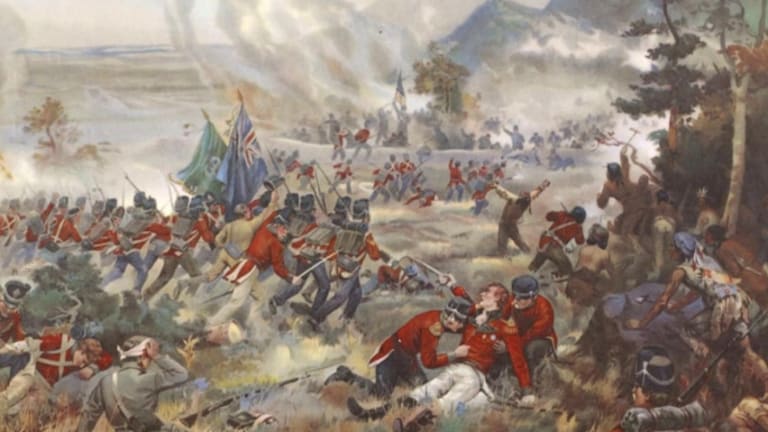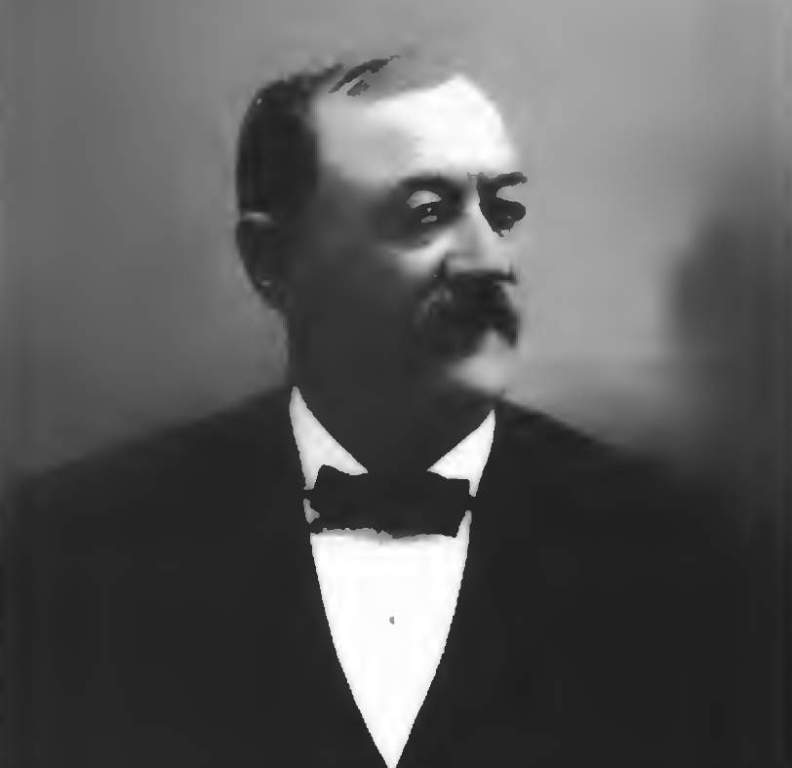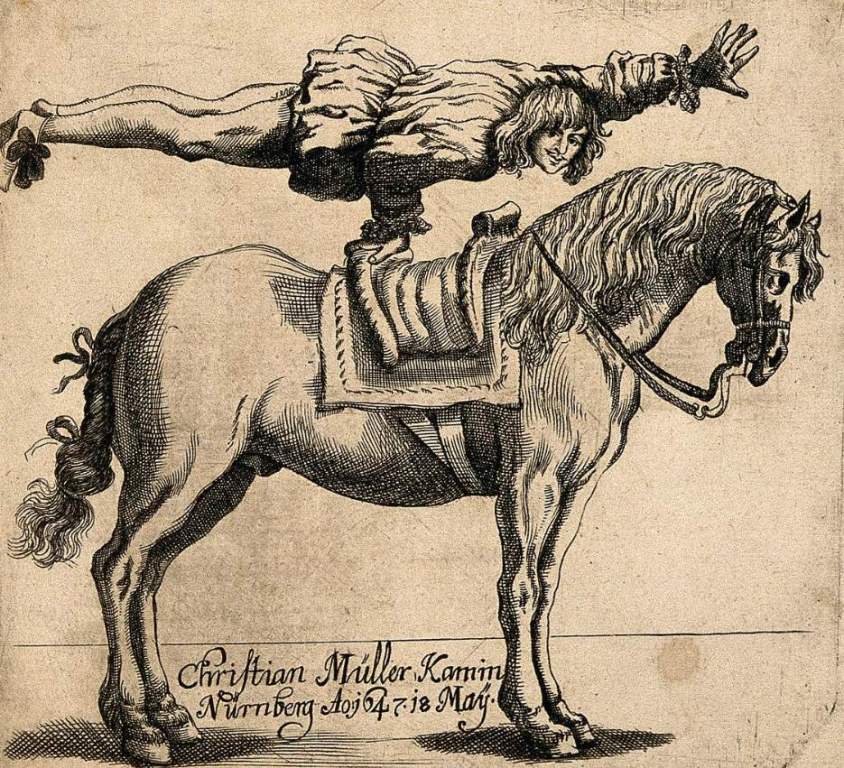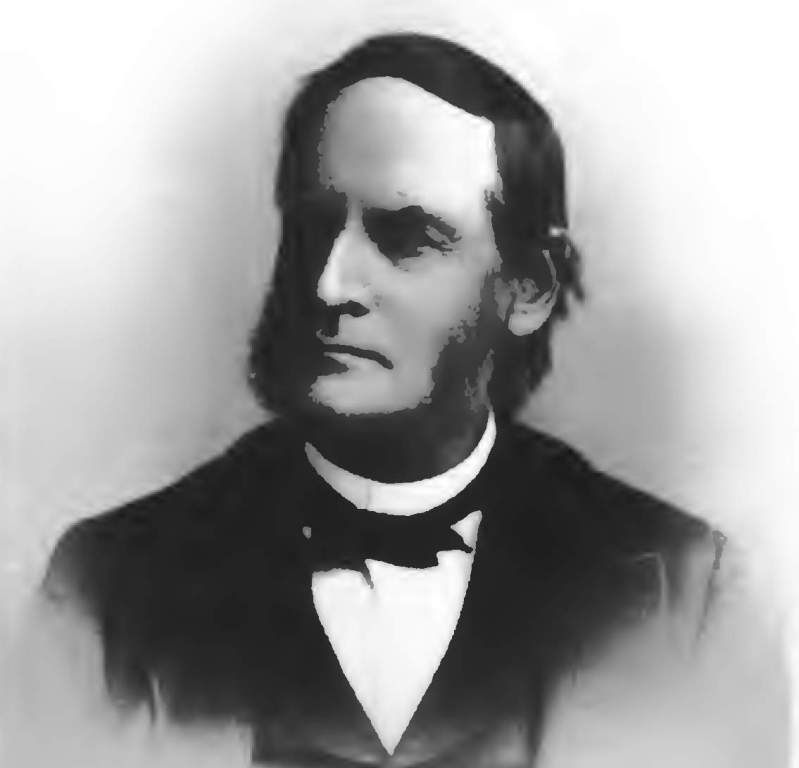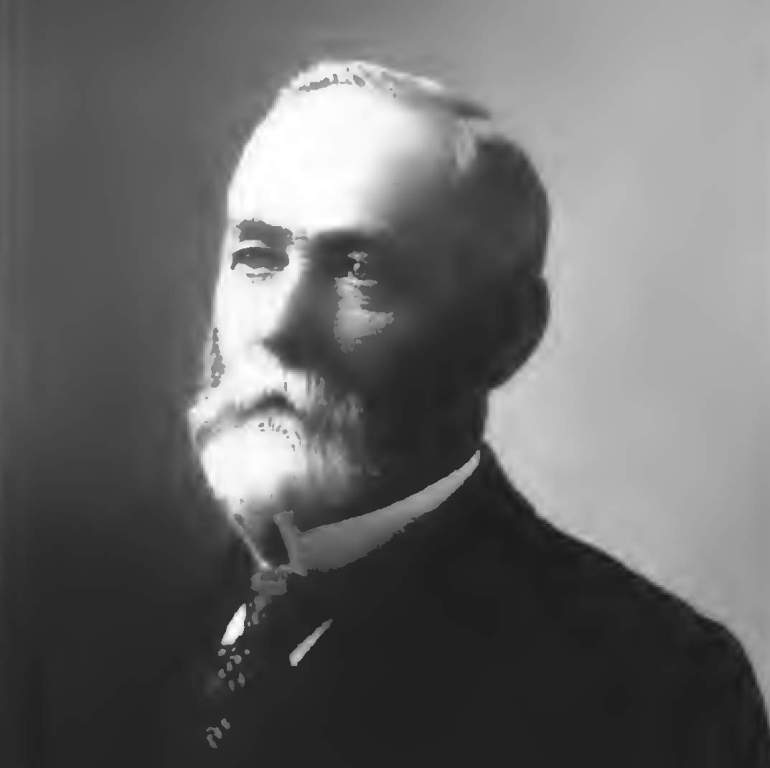The War of 1812 between Britain and the United States erupted over a few issues, mostly to do with shipping. The Yanks didn’t like the fact that they were occasionally impressed with the Royal Navy. Britain was restricting America’s seaborne trade with other nations. America, therefore, declared war on June 18, 1812.
If they had just waited a few weeks—the average length of a baseball game—they would have known that the war was completely unnecessary. Because Lord Liverpool had just become Prime Minister and had moved to end the conscription of Americans into the Navy.
In fact, he ordered the police to end the very day before the Americans declared war. But news of it only reached America a few weeks later, by which time hostilities had begun, not to end for years. Equally pointless, and for just the same reason, was the final battle of the war.
The Battle of New Orleans took place on January 8, 1815, even though a peace treaty between Britain and America had been signed three weeks beforehand. It was simply that the two armies hadn’t heard about it yet. About 400 men perished in the battle. William Hull was instrumental in aiding the war effort.
However, the war of 1812 was nominally on the American side, and Hull’s orders could well be taken as working to the distinct advantage of the Europeans. It wasn’t entirely his fault that, when asked to become the Governor of Michigan and command the left flank of the US invasion of Canada, which was part of the American plan, he protested that, at 58, he was too old.
President Madison talked him around, though, and Hull agreed to the jaunt. And he cannot be accused of going at it half-heartedly; he threw himself into it, even taking his daughter and grandchildren with him on the 200-mile march from Cincinnati to Detroit through a hostile Indian country with 1,500 militias and no road.
Averaging just three miles per day, it was very slow going. Things took a turn for the worse when he reached the Maumee River, which meets Lake Erie, and spotted a boat. With a stroke of genius, he requisitioned it to carry the officers’ luggage, which included the full muster rolls, containing details of his forces’ strength, and his battle plans and orders.
To save time, he put all the luggage on the boat and sent it up to Detroit, where he planned to recover it. When the British forces stopped the boat a few miles upriver, they were therefore quite pleased to find everything they needed to defeat Hull. It might be unfair to blame Hull entirely for this lack of guard, given the fact that at that point he didn’t know if America and Britain were at war (they were, but no one had told him that).
The notification of war was sent to him by the government. But it was dispatched through the normal postal service to the post office in Cleveland, with the request ‘please forward’ written upon the letter. Surprisingly, it did reach him, but just after his ship had literally sailed.
No doubt he was left on the dock, hysterically waving his hat at its retreating stern. After the debacle, he withdrew to Detroit, where he spent four days locked in his bedroom, not speaking to anyone. Thus, the War of 1812 has significant importance in the history of both countries.
Read More: ARGY-BARGY – Argentine’s Falklands War of 1982
